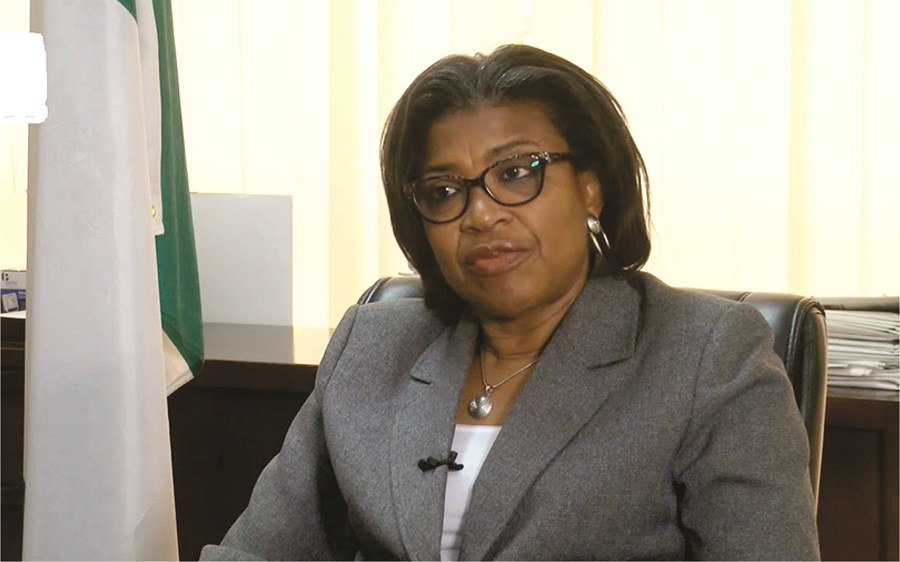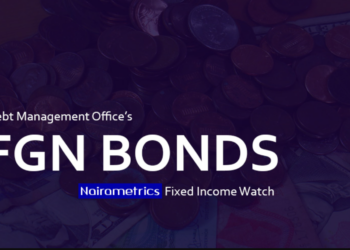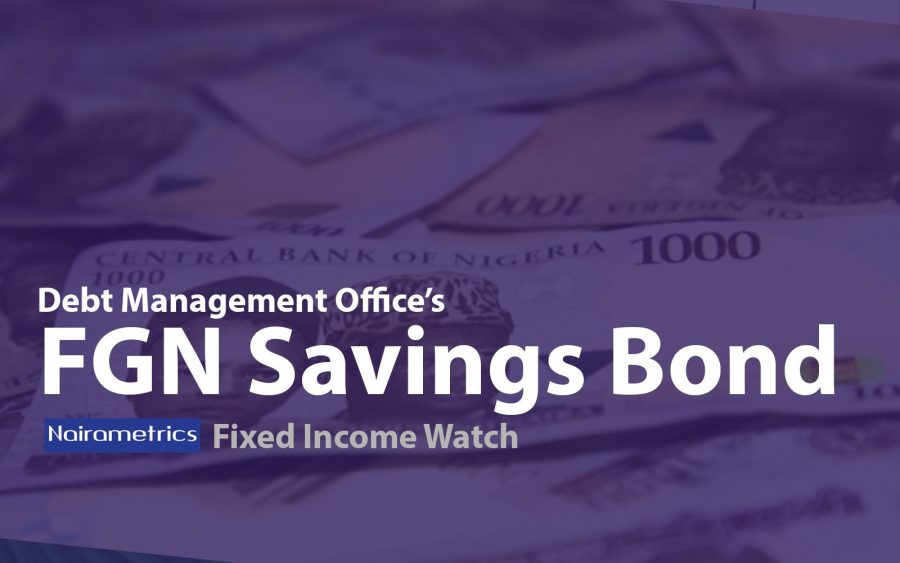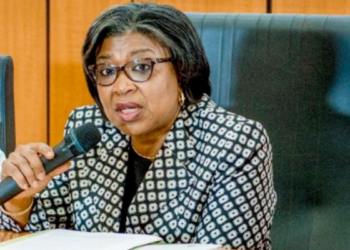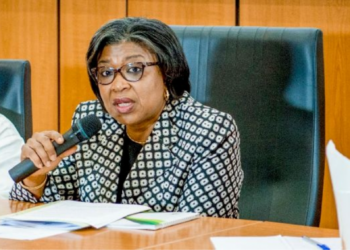Nigeria’s Debt Management Office has disclosed that a strong and comparable revenue base will reduce the need for relatively large amounts of new borrowing for the Federal Government.
This was stated by the Director-General of the DMO, Mrs Patience Oniha on Wednesday during an interview with the News Agency of Nigeria (NAN).
She also stated that Nigeria needs to earn higher revenue and manage its debt profile more efficiently so as to further reduce borrowings.
What the DMO boss is saying
Oniha stated that statistics show that relative to other countries, Nigeria’s revenue is low.
“The World Bank’s World Economic Outlook for 2020 showed that Nigeria with a revenue to GDP ratio of 6.3 per cent was ranked at 194 out of 196 countries covered,’’ she said.
She added that a strong and comparable revenue base will reduce the need for relatively large amounts of new borrowing as Nigeria has witnessed, and will also reduce the debt service to revenue ratio.
- “The DMO has repeatedly emphasised the need to grow revenues significantly in order for debt to be sustainable.
- “It is advisable for the media and public analysts to begin to focus attention on Nigeria’s revenue generation.
- “Revenue is the way to go and that is how countries develop and use borrowing to augment revenue shortfalls now and again.
- “Nigeria has been running budget deficits for decades; it is about time to shift to balanced budgets and even surplus budgets,’’ she stressed.
She also urged that the FG should address the recurrent issue of petroleum subsidy payment so as to further reduce borrowings, citing that DMO has continuously maintained its position on the need to raise revenue.
- “One issue to be addressed is the petrol subsidy which has significantly increased annual budget deficits and ultimately, increased the level of new borrowings and the public debt stock.
- “There is a vital need to ramp up crude oil production and end crude oil theft and pipeline vandalism to meet oil revenue targets, especially in the light of rising crude oil prices.
- “Other structural issues such as insecurity, inflation, infrastructural deficit and foreign exchange shortages adversely affecting the business environment need to be resolved,’’ she added.
The DMO boss also noted that those steps would create an avenue for efficient tax collection and a wider tax base, and it would also play an advisory role to the government in relation to public debt which covers new borrowing, debt negotiation and debt management strategy.
Oniha stated that Public debt has continued to grow over the last years as government borrowed to meet major revenue shortfalls, increased spending on security and infrastructure, as well as funding on health due to the COVID-19 pandemic.
What you should know
- Nairametrics had earlier reported that the Debt Management Office stated that Nigeria is not at risk of “debt distress” due to its $15.9 billion Eurobonds.
- We also reported last month that the Debt Management Office denied reports alleging that Nigeria failed the World Bank disclosure rule, stating that no such publication by the World Bank exists.

